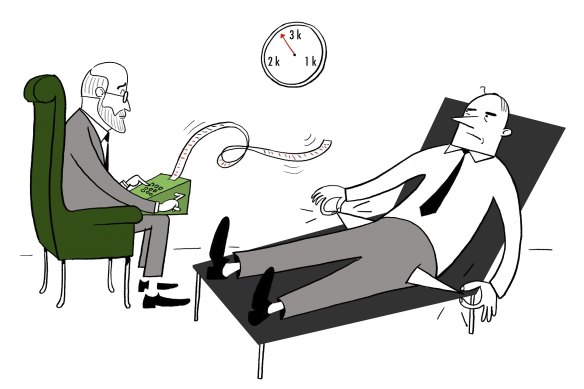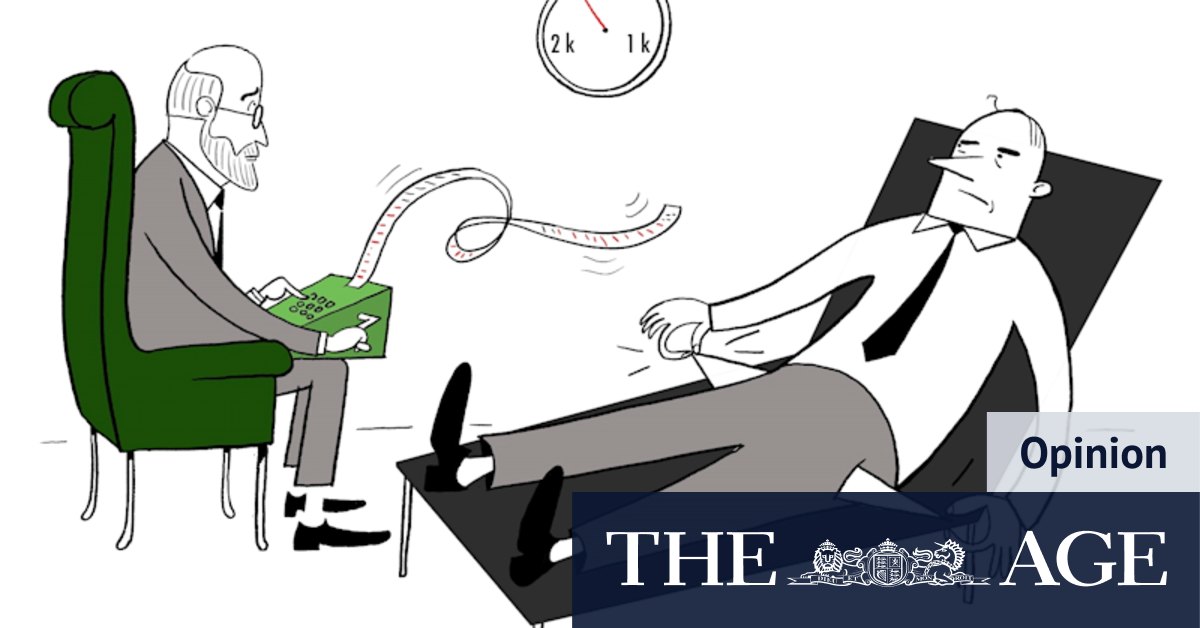My husband and I are retired with about $3 million in financial assets managed by an adviser. Their fees have risen each year and are now $26,000 annually (equivalent to 0.85 per cent of the portfolio).
Is this reasonable? Our funds are split between two pension accounts (formerly super) and a joint investment account. Returns often trail benchmarks, though I’m unsure what benchmark is appropriate. What is the usual range for adviser fees, and how can we judge whether we’re getting good value?

When it comes to financial advice, you want to make sure you’re getting what you pay for.Credit: Simon Letch
The financial planning landscape is diverse. Some practices focus on strategic advice and engage specialists to manage money on behalf of clients, while others take on full portfolio management responsibilities.
A fee of 0.85 per cent isn’t unreasonable for a full-service solution including portfolio management. But the question is whether you need that level of service, and whether the portfolio management is actually producing tangible benefits, over outsourcing that function to a specialist. I suggest you shop around.
My partner is due to receive a workers compensation payout this year, and needs assistance to manage the money. He is hopeless with money and has asked me to take control of it. Does a financial product exist where he can deposit the money and receive a regular (say monthly) payment, while the balance earns a respectable amount?
Loading
Yes, there is. Managed fund and wrap products offer regular withdrawals which can be set to pay you income each month. His money could then be invested in a balanced fund or similar, depending on your partner’s comfort around risk.
Some thought needs to be put into the investment allocation, particularly if the amounts are large. To facilitate the monthly payout, the fund administrator will typically sell down investments, and that triggers a capital gains tax assessment.
This is not a significant impediment, but just something you want to be aware of. If the amounts are large, you might want to have a cash fund within your portfolio that receives all dividends and interest, and pays out the monthly drawing. This will minimise the capital gains tax incurred.

